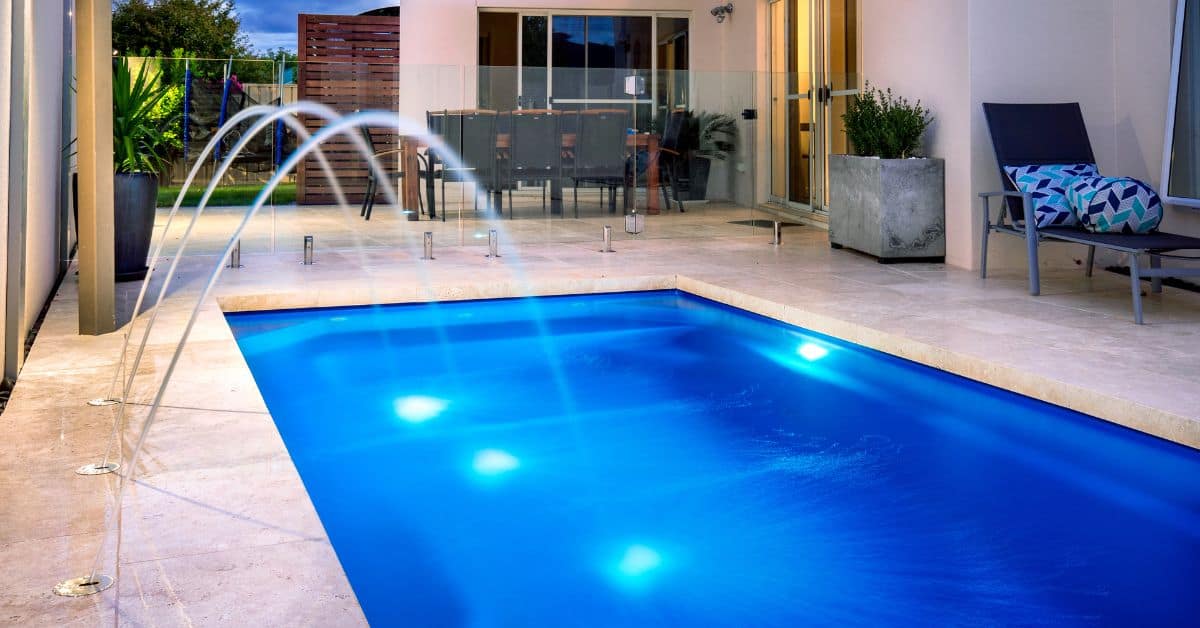Fiberglass Pools vs Concrete Pools: Pros and Cons 2022 Guide
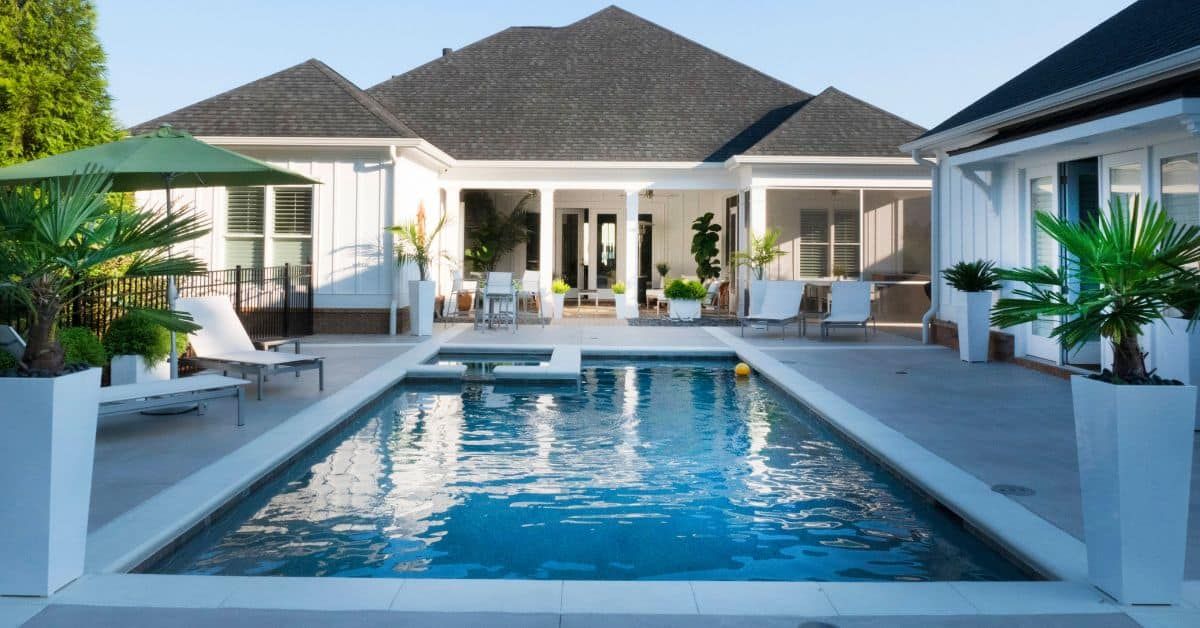
When it comes to deciding which type of pool to install in your backyard, there are a few factors you need to consider. Two of the most popular types of pools are fiberglass and concrete. Each has its own set of pros and cons, so it can be difficult to decide which is the best option for you. In this blog post, we will compare fiberglass pools vs concrete pools and help you decide which is the best choice for your home!
The Pros of installing a fiberglass pool vs concrete pool
Fiberglass pools are easier to maintain than concrete pools, as they are not susceptible to the same type of staining and scaling. Fiberglass pools have a smoother surface, making swimmers more comfortable and cleaning easier. Fiberglass pools can be installed in a fraction of the time that concrete pools can. Fiberglass pools are typically less expensive than concrete pools. Fiberglass pools have a warranty.
Fiberglass pools are easier to maintain than a concrete pool
Fiberglass pools are one of the most durable options for swimming, and they have low pool maintenance costs. The fiberglass pool has a gelcoat surface. The gel coatings are smooth, making it harder for algae growth (not that it can’t, but a smooth surface is better that a textured for algae avoidance) The gelcoat finish does not need resurfacing like a concrete pool will.
Fiberglass pools are more resistant to staining than a concrete pool
Fiberglass pools are also less likely to be affected by staining. This is because the gelcoat and vinyl ester resin used in a fiberglass pool are non-porous material, which means that it doesn’t absorb stains and colors. The gel coating also protects the pool from the sun’s damaging UV rays and provides a vibrant luster. Without this protection, the pool may become discolored and fade over time. Fortunately, the gel coatings can help keep your pool looking new for years to come.
Fiberglass pools can be installed in a fraction of the time it takes to install a concrete pool
One of the best benefits of fiberglass pool installation is that they can be installed in a fraction of the time it takes to install a concrete pool. This is because fiberglass pools are pre-molded and only need to be set in place before being filled with pool water. Concrete pools, on the other hand, need to be built from scratch, which can take weeks or even months to complete.
Fiberglass pools are typically less expensive than concrete pools
Fiberglass pools are typically less expensive than concrete pools, both in terms of initial costs and lifetime cost for maintenance costs. Fiberglass pools also tend to last longer than concrete pools, so you’ll get more value for your money in the long run.
Fiberglass pools have a warranty from the manufacturer.
Most fiberglass pool shells carry a warranty from the manufacturer. For example, Imagine Pools carry a lifetime structural warranty and a lifetime osmosis warranty on their pools shells. Thursday Pools carry a lifetime structural warranty and a 15 year osmosis warranty.
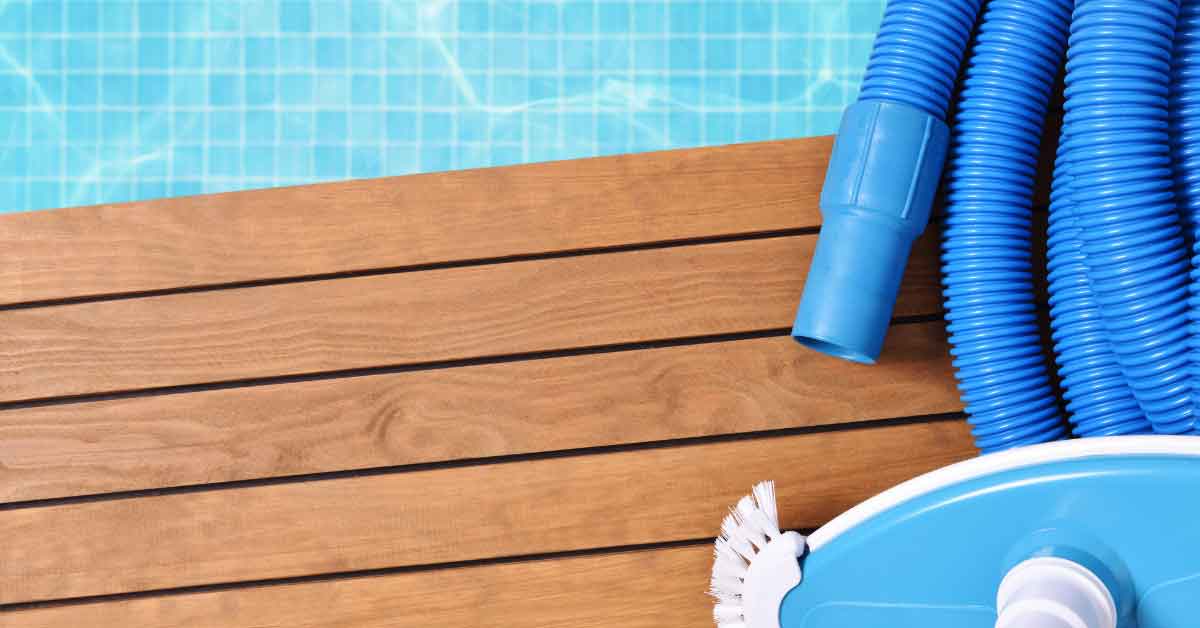
The Cons of installing a fiberglass pool vs concrete pool
Fiberglass pools do have some drawbacks. Fiberglass pools have limited shapes, sizes, and colors.
Fiberglass pools are limited in shapes and sizes.
Due to the fact that pools have to be shipped from the factory most manufacturers do not make a pool larger than 40’x16’. Shapes are limited to the molds that each manufacturer has.
Fiberglass pools have limited colors
Fiberglass pools have limited colors as each manufacturer provides around 5-8 different colors. This means that if you find a shape and size you like you will have to pick from the colors of that manufacturer.
The Pros of installing concrete pool vs fiberglass pool
Concrete Pools offer more customization than fiberglass pools. This is where a concrete pool really shines.
Concrete pools offer more design flexibility than fiberglass pools
Concrete pools offer more design flexibility than fiberglass pools. This means that concrete pools can be built in any shape or size, making them perfect for homeowners who want a truly unique pool.
Concrete pools can be finished with any color
Concrete pools let you choose what color you want the inside of your new pool to be and are not limited by the manufacturer. Each concrete pool is custom.
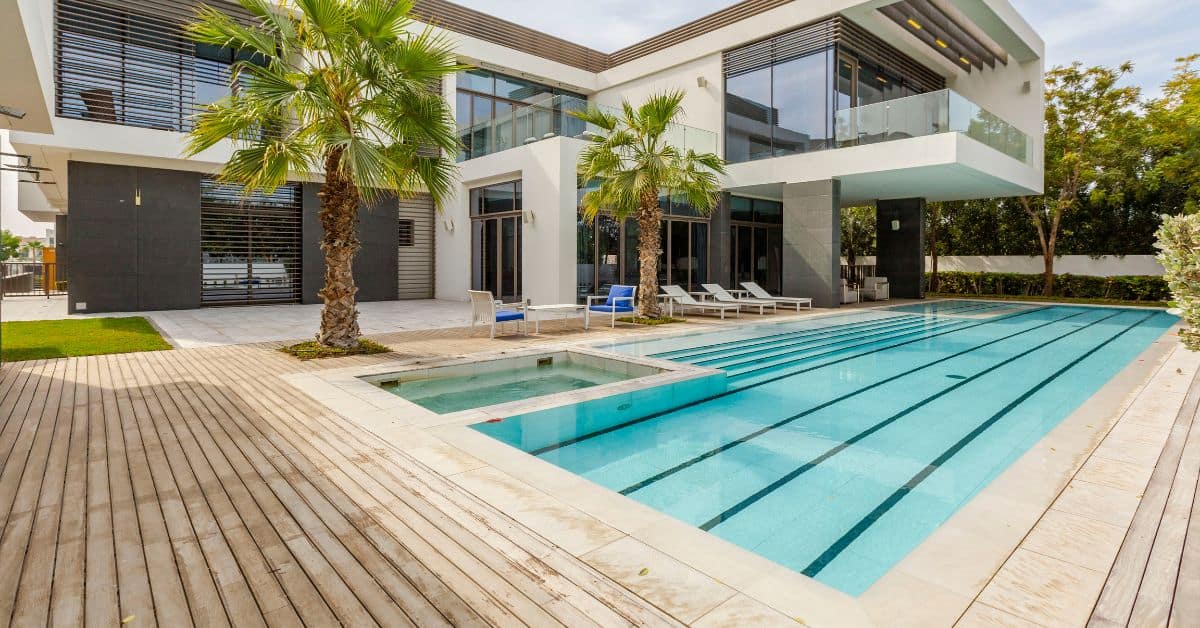
The Cons of installing a concrete pool vs fiberglass pool
The downside of concrete pools is they are typically the most expensive pool and require the most maintenance.
Concrete pools are expensive to install
The biggest downside of concrete pools is that they are expensive to install. This is because the process of building a concrete pool is very labor-intensive and time-consuming.
Concrete pools require more maintenance and care
Concrete pools require more maintenance and care than a fiberglass pool. The concrete surface is not as smooth, allowing algae to grow easier on its surface. The concrete can be susceptible to cracking and staining over time.
Concrete pools need to be resurfaced every 10-15 years
Concrete pools will need to be resurfaced every 10-15 years. This is because the concrete can start to wear down over time and lose its luster. Resurfacing a pool can be a costly and time-consuming process, so it’s something to keep in mind if you’re considering a concrete pool.
Concrete pools do not have a manufacturer warranty.
A concrete pool is completely custom and they do not have a manufacturer’s warranty. Unlike a fiberglass pool that is built in a climate controlled factory, a concrete pool is built outdoors. Being built outdoors, a concrete pool is susceptible to all of the elements during construction and can be difficult to have optimal conditions.
How to choose the right pool for your home
Now that you know the pros and cons of fiberglass pools and concrete pools, it’s time to decide which type of pool is right for your home. The best way to make this decision is to consult with a professional who can help you weigh all the factors and make the best choice for your needs. With their expert guidance, you’ll be able to choose the perfect pool for your home and enjoy many years of swimming fun.
Fiberglass pools offer many benefits over concrete pools, but they’re not right for every home. If you’re trying to decide between the two types of pools, consult with a professional to get expert advice on which type of pool is best for your needs. With their help, you’ll be able to choose the perfect pool for your home.
Cost comparisons of fiberglass pools vs concrete pools
One of the main factors that homeowners consider when choosing between fiberglass and concrete pools is cost. Fiberglass pools are typically less expensive to install than concrete pools. In general, fiberglass pools cost about $55,000 and $95,000, while concrete pools cost about $75,000 and $125,000.
Fiberglass pools also have lower maintenance costs than concrete pools. Because Fiberglass pools have a smooth non-porous surface which is less likely to develop stains and requires less chemicals. As a result, you’ll save money on pool chemicals and you won’t need to clean your pool as often.
When it comes to long-term costs, fiberglass pools have a lower cost than concrete pools. Concrete pools will need to be resurfaced and a fiberglass pool will not, you’ll save money in the long run by choosing a fiberglass pool.
Maintenance and care tips for both types of pools
No matter which type of pool you choose, it’s important to properly maintain and care for your pool. Here are some tips to help you keep your pool in tip-top shape:
– Test the water regularly and add chemicals as needed.
– Vacuum the pool once a week to remove debris.
– Brush the walls and floor of the pool weekly.
– Empty the skimmer baskets regularly.
– Check the filter pressure and clean as required.
– A robotic pool cleaner is a great addition
– Pool Automation, such as Jandy’s iAqualink, can help with controlling water quality and runtimes for equipment. It also has many more capabilities. Ask us if you would like to know more about automation.
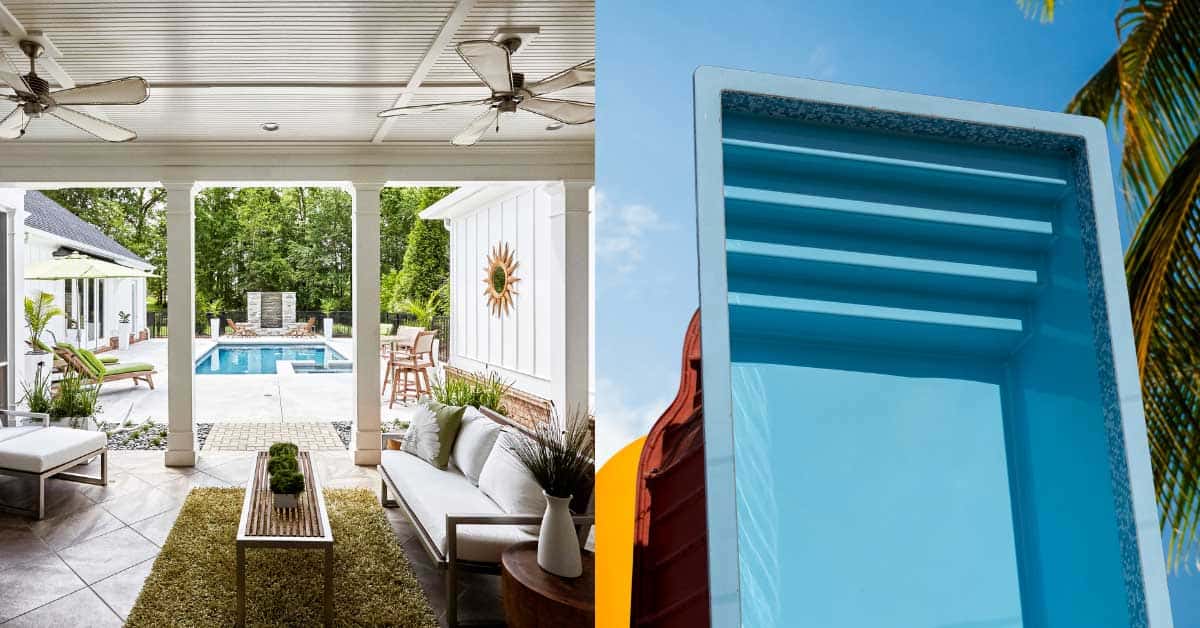
By following these tips, you can keep your pool clean and safe for swimming all summer long.
So, which is the best pool for your home- fiberglass or concrete? The answer depends on a variety of factors; budget, size, shape, color, and how much maintenance you’re willing to do. If you need help deciding which type of pool is right for you, contact us – we would be happy to assist. In the meantime, here are some final thoughts on both fiberglass and concrete pools.
Fiberglass swimming pools are generally less expensive than concrete pools and can be installed quicker. They come in a large variety of shapes and sizes. They are lower maintenance. And they carry a warranty from the manufacturer. However, they are not as customizable as concrete pools and are limited in size.
Concrete pools are more expensive to install, but the possibilities in design are endless. But, they will require more regular maintenance and have a higher lifetime cost than a fiberglass pool. They do not carry a warranty from the manufacturer.
At the end of the day, it’s important to choose a pool that fits your needs and lifestyle. We hope this article has helped make that decision a little bit easier!

Written By Scott Prunty
Scott Prunty is the president of Solid Structures. Throughout his 15 active years in the Design-Build Outdoor Living industry, he has earned various certifications in the areas of ICPI Residential, ICPI Advanced Residential, ICPI Commercial, PCIP, and is an ICPI certified instructor.
- 15 years actively in the Design-Build Outdoor Living industry
- ICPI certified Instructor
- ICPI Residential, ICPI Advanced Residential, ICPI Commercial, and PCIP certified
- Imagine Pools certified installer
- Fluidra certified installer
- Trex Platinum Pro
- Avid saltwater person, boating, diving, surfing, fishing

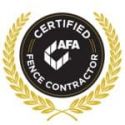




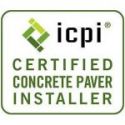

Outdoor Living Redefined. Solid Structures offers full service design build capabilities all under one roof.
179 S Birdneck Rd
Virginia Beach, VA 23451
Serving Areas
- Chesapeake, VA
- Suffolk, VA
- Portsmouth, VA
- Norfolk, VA
- Virginia Beach, VA
- and surrounding areas
Hours of Operation
- Mon - Fri: 8:00am – 5:00pm
- Sat - Sun: Closed
-
Weekends by Appointment Only
Outdoor Living Redefined. Solid Structures offers full service design build capabilities all under one roof.
© 2025 Solid Structures - All Rights Reserved.









